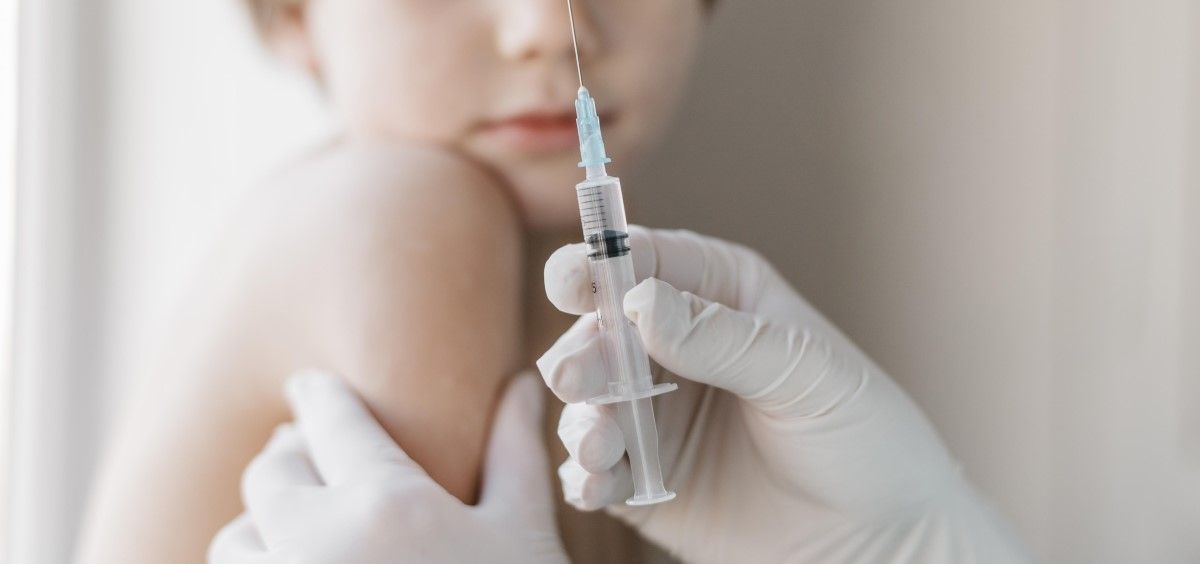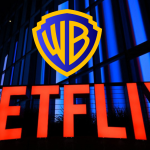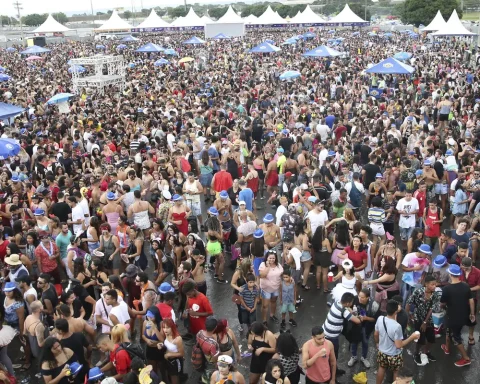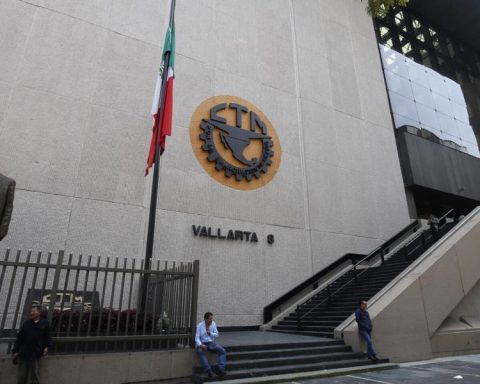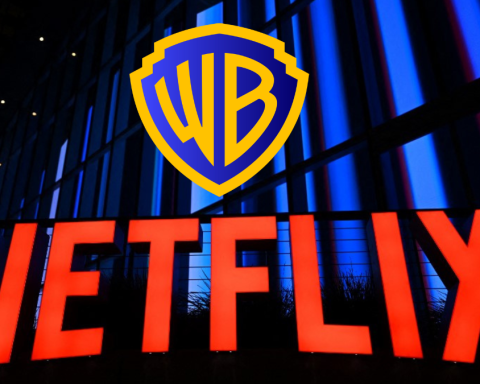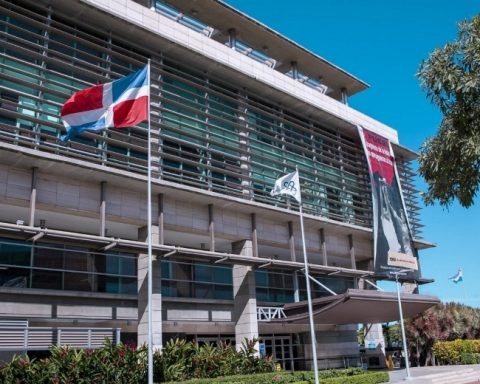Nearly a hundred companies manufacture vaccines globally, but ten of them account for eighty percent of the market, underlines an analysis presented today by the World Health Organization (WHO) that also highlights how the sector has almost quadrupled its value during the pandemic.
Of the 5,800 million doses distributed in 2019, the last year before the pandemic, it has gone to 16,000 million in 2021, and the market value of these has grown from 38,000 million dollars three years ago to 141,000 million dollars in the previous year, according to the report.
Among the 10 firms that control four-fifths of the global vaccine sector, there are eight that have increased their business by producing their own or licensed anticovid vaccines from other firms: Pfizer, Moderna, the Serological Institute of India, Bharat Biotech, AstraZeneca, Haffkine, CNBG (Sinopharm) and Sinovac.
The other two, GSK and Sanofi, are firms with a long tradition in the sector that have jointly investigated anticovid vaccines, although they have not yet passed all the clinical tests.
The WHO market report denounces that for many diseases “only two or three manufacturers guarantee most of the supply”, contributing to a concentration and quasi-monopolistic practices that “contribute to health problems and lack of access, especially in Africa and the Middle East ».
The study also denounces the lack of interest in researching vaccines for diseases that especially affect developing countries, such as Lassa fever or the Zika virus, in contrast to the strong investment and research effort that was deployed in the covid pandemic.
